driverless cars:
Motoring future or tech fantasy?
One day soon, if industry experts are to be believed, the roads of Britain will hum with the sound of millions of electric, or hybrid, driverless cars. The commuters and passengers of the day will be ferried to and fro in a perfectly safe, organised and microchip-controlled fashion – another happy step along the road to complete modern life automation.
Experts from across the globe have been pontificating on the subject for years, if not decades, but at last it seems that this prediction from science fiction is becoming a reality. The beginnings of the technology are already prevalent in many models of car, and fully self-driving prototypes are already buzzing haphazardly around test centres across the world, threatening to be set loose on us within the next few years.
Here at Adrian Flux headquarters, opinions are divided about self-driving cars, or driverless cars as they’re also known. With people in the office coming down on both sides of the debate, we thought it was time to take a closer look at what the experts are saying and see exactly what a driverless future might look like.
Can Technology Fix Our Driving?
The arguments for self-driving cars are pretty clear-cut; computers are better drivers than humans (it’s hoped), fewer accidents will be caused by distraction, tiredness and inexperience, people will have free time to work, sleep, play and eat during their journeys. Some experts even claim that better and more efficient computer driving will lower congestion on our roads and reduce their impact on the environment – win win, surely.
In fact, still years away from the full release of driverless cars, the benefits of driver-assisting technology are already plain to see. Many modern cars now roll off the production line fitted with more gadgets and computing power than the average home, and the statistics show that it’s already saving lives.
It might be too early to prove conclusively, after all the tech has only been commonplace in our vehicles for the last few years, but collision avoidance, collision warning, and automatic braking systems, the three most common technologies in use, do save lives.
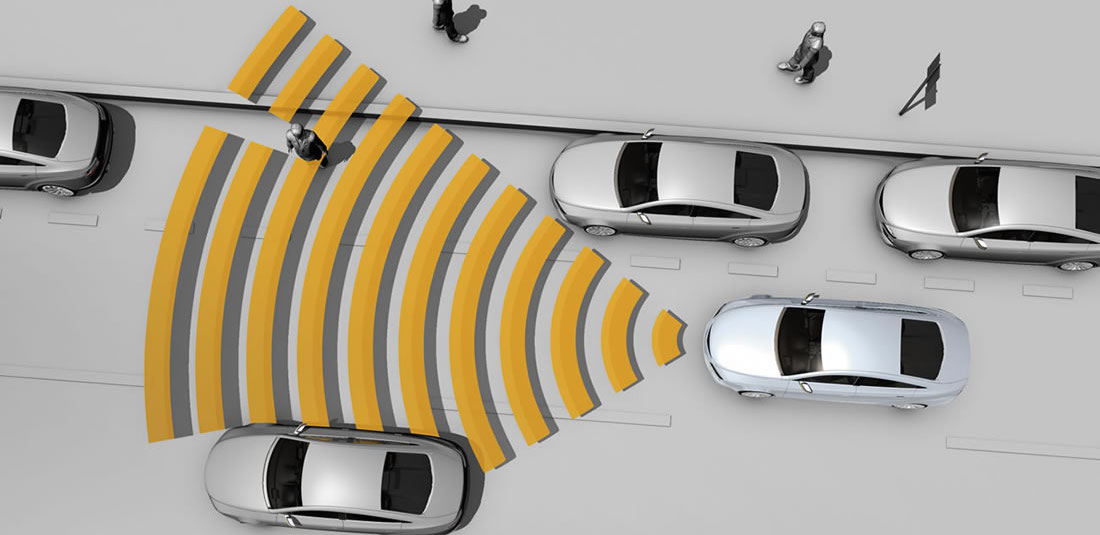
All three most common systems work on similar principles – using radar, lasers or cameras, or sometimes a combination of the three, to detect imminent crashes, alert the driver and then slow or stop the vehicle. Back in 2013, CNN reported that many collision avoidance systems were failing in basic tests, and many did a poor job of reacting to impending collisions – but despite that early falter, the technology has only become more prevalent over the years.
Plenty of other tech has become commonplace too, all designed to make motoring a little safer and hassle-free. Lane detection, blind-spot monitoring and self-turning lights have all played their part in the ongoing reduction of road accidents, whilst things like self-parking and cruise control have been making driving a little easier for years now.
Over the decades, technology has become one of the major selling points of cars, whether for safety or fun. Utilising the latest tech can add thousands of pounds to a vehicle’s price tag, and can mean all the difference when undergoing safety rating – so to many it only makes sense that driverless cars, a combination of all the available tech, should be a good thing for us all.
With so many potential positives, it’s hard to believe that anyone would be against the idea of a self-driving car. But the more you dig into the negatives, the harder it is to come down clearly on either side of the argument.
Would you own a driverless car?
A survey done by Adrian Flux recently revealed that more than 70% of people think they might never own a driverless car. Just over five per cent of the motorists asked said that they would embrace the new tech when it finally rolls out, with 24% undecided.
You can find out the rest of the results by visiting the post on our driverless cars blog.
Do you trust your car?
Perhaps the most commonly predicted problem with self-driving cars is one of trust. ‘Man versus machine’ has been a common theme in books and film for decades now, from Terminator’s Skynet to Asimov’s I, Robot, but what threat do driverless cars really pose?
Even in a digital, technology-packed world, there remains a great number of us who don’t trust even the most commonplace of technologies – from internet banking to aeroplanes – so how likely is it that people will be willing to put their lives in the hands of a first-generation driverless car?
Malfunctions in driving technology are a big worry for many would-be owners – and not without good cause. We are decades into the era of personal computing, 10 years into a world of smartphones, but we still all know the frustration of crashed apps, hung browsers and the dreaded ‘blue screen of death’.
It would take only one such software crash to send your driverless car careering off the road – and no evidence has yet been offered to suggest that the technology is close to 100% bug-proof.
Software glitches and design faults aside, we’re also now in the age of hackers; seeing more and more people become tech-savvy and unleash their skills on the antiquated IT systems of the world. Barely a month goes by without news of hacked government databases, popular websites being brought down, and personal details being stolen by so-called cyber criminals.
If the most secure parts of the internet are not safe from hackers – how can we know that our cars will be safe? Many manually-operated cars (we’re going to have to come up with a name for those eventually, aren’t we…?) are already connected to the internet, and several have fallen foul of hackers in a series of high-profile cases.
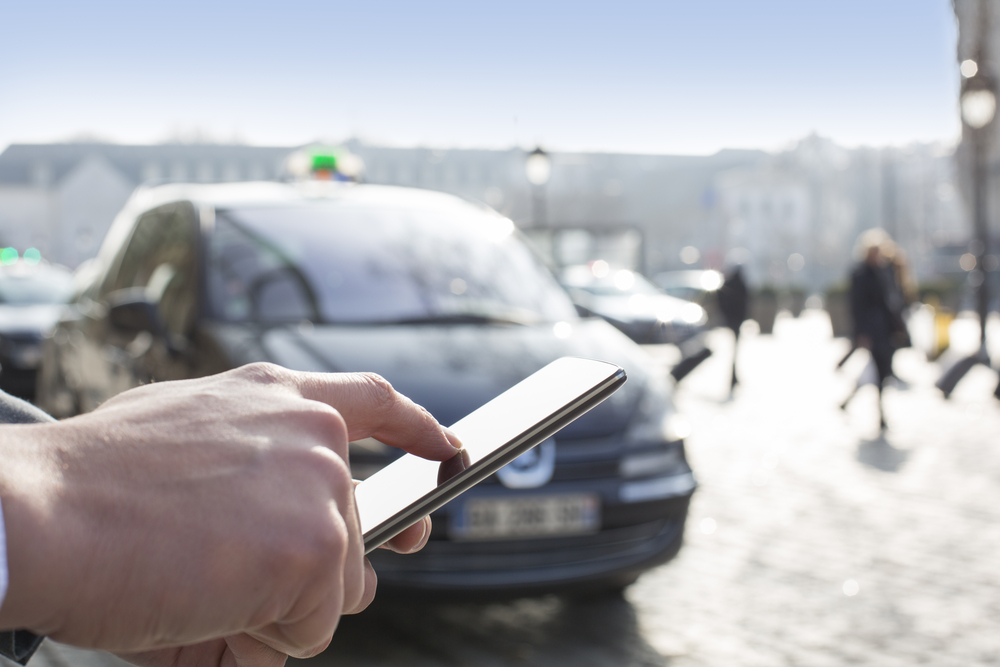
Most recently, a Jeep Cherokee had various security flaws unveiled by hackers in a stunt for wired.com. From 10 miles away, hackers Charlie Miller and Chris Valasek demonstrated how they could wirelessly disable the car’s transmission and brakes, adjust the radio and windscreen wipers, and even track the location of the vehicle.
Other vehicles have been similarly hacked, and in almost all cases it is an in-car entertainment system that serves as the car’s Achilles’ heel. Many modern vehicles come fully equipped with sound systems, Bluetooth, GPS, and, as in the Cherokee’s case, a Wi-Fi hotspot. It was through this hotspot that Miller and Valasek managed to hack the Jeep remotely, having learned the car’s IP address, and this one tiny chink in the armour has Jeep and others recalling thousands of cars worldwide.
It seems that even non-internet-enabled cars can be vulnerable to hacking too. Researchers from the University of California recently discovered that it was possible to hack into any car using a dongle plugged into the vehicle’s OBD slot. The dongle used was provided by an American insurance company, designed to track location and speed, similar to the ones used by haulage and freight fleets.
Simply by sending a couple of coded SMS messages to the GPS dongle, the researchers were able to take over control of several of the car’s systems, including, most worryingly, the brakes. While the dongle’s software has already been patched to remove the vulnerability, the relative ease with which it was hacked raises some serious questions about old technology – are things designed before the age of hacking robust enough to stand up to modern threats?
A tour of the Mercedes driverless concept
Legislation is currently being drafted in the US to require all vehicles to provide adequate protection from hackers, but many people have acknowledged the reality that cyber security is only going to be harder-fought in the future – and some have their doubts about driverless cars ever being truly hack-proof.
Hacking and the prospect of malfunctions and bugs are major sticking points for those untrusting of technology – and it seems entirely possible that just one or two high-profile crashes could have us all turning our backs on the promise of self-driving cars.
The Price of Progress
There are two main visions for the future of driverless cars: that current cars will be slowly superseded until we all own new self-driving models, or that private car ownership eventually ends completely, with cars being housed in central depots to be sent out to us like taxis when needed.
Both of these scenarios raise issues with car ownership, and potentially herald big changes in the motor industry.
Firstly, the legality of car ownership and driving in the future is something of a grey area, and many more questions have been raised than we have answers to. If a car drives itself, do you need a driving licence? If a car crashes itself, who is at fault? Will we need car insurance in the future, or will vehicle manufacturers bear that burden?
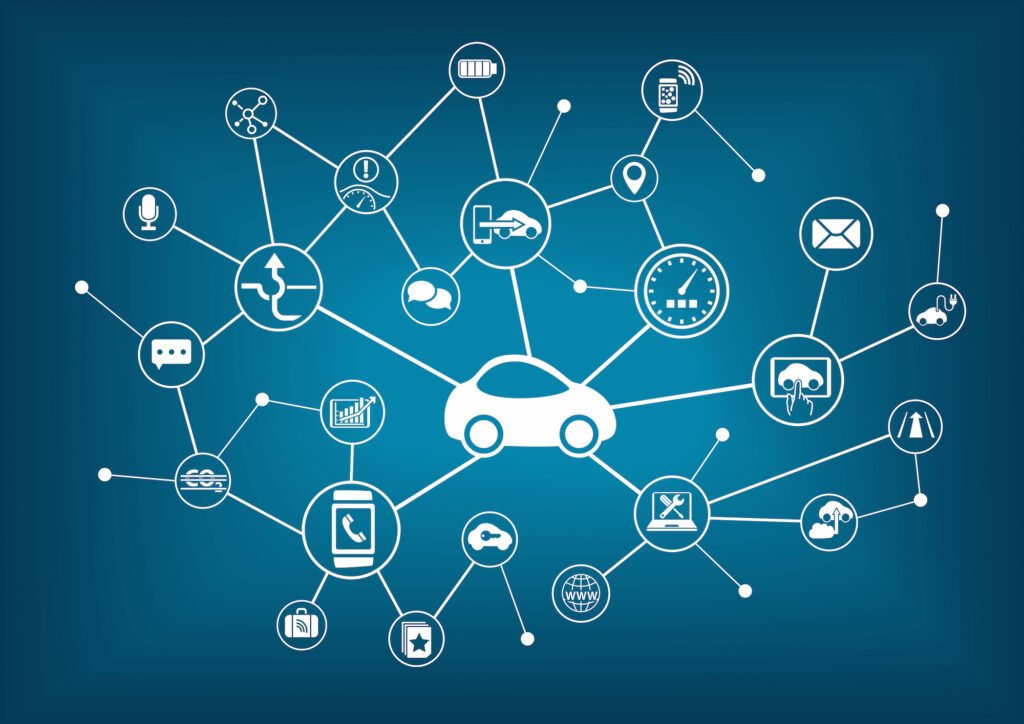
Recently, some big name manufacturers have clarified their position on liability, with Google, Mercedes and Volvo all coming out to say that if their driverless technology fails, they will take responsibility. It’s no surprise that it has taken years to reach a point where any one company has felt the need to clear up this question – after all, as anyone will tell you, one of the first rules of a car accident is ‘don’t admit fault’.
But, throwing legal caution to the wind, all three manufacturers have said that they will accept full responsibility for an accident caused by one of their cars whilst it is in autonomous mode. Volvo went a little further too, saying that they regarded car hacking as a criminal offence – something which will undoubtedly be enshrined in law before too long too (if it isn’t already).
Six Failed Motoring Technologies
- The Segway
- Talking Cars
- Automatic Seatbelts
- Turbine-Powered Cars
- Sinclair CS
- Fifth-Wheel Parking
With some of the biggest names in the world of driverless cars already admitting fault for their car’s crashes, we can only assume that other manufacturers will be forced to follow suit. After all, why would anyone want to accept liability themselves for something that their car’s software did?
The fact that these marques will take responsibility only when their car is in ‘autonomous mode’ does give us a hint of the future of motoring claims though. Rather than a matter of proving fault, as is currently the case, will it be the jobs of insurers and manufacturers to determine who or what was in control of a car at the time of a crash? Will that in turn lead away from the proposed ‘dual-control’ style cars, where manual driving is an option, and push us all towards safer, more easily regulated models? Only time will tell.
In terms of insurance, many people predict that drivers will likely still need to cover their cars against fire, theft and damage at the very least. The Washington Post recently reported on driverless car insurance premiums, featuring estimates from the RAND Corporation and Wall Street Journal amongst others, and concluded that we could see up to 90% reductions in prices brought about by fewer collisions on the road. The truth is that no one knows for sure, and it’s likely to be several years before we begin to know anything concrete about life with these vehicles at all.
Secondly, a global, or even nationwide, switch to self-driving cars could have a devastating impact on the motor industry and the people employed by it. In a world without accidents and careless drivers, the need for mechanics and garages would decrease, insurance companies could go out of business and the need for taxi drivers would all but disappear.
If private car ownership ends, as some experts predict, the need for car washes, petrol stations, car modifications, accessories and even car shows and events would all vanish too – leaving millions of people worldwide out of work, yet more casualties to progress.
Tradition Vs. Technology
Practical, economic arguments aside, the prospect of self-driving cars stirs deeper concerns within the hearts of car enthusiasts, ourselves included.
For hundreds of millions of us around the world, cars are more than just a way to travel from A to B. Your car is what took you on your first date, it took you on holiday with your friends, to university, to interviews, it gave you space to breathe and to think when you just wanted to go for a drive.
There is something about owning a car, about caring for your car, which makes it special. Sure, there might be millions more just the same, but you have memories with yours.
To paraphrase, “This is my car. There are many like it, but this one is mine.”
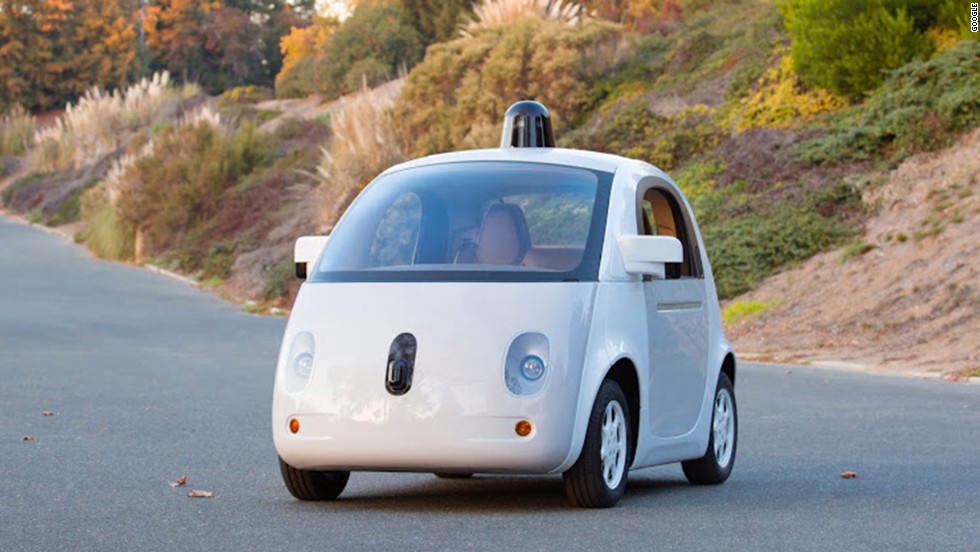
The Google driverless car
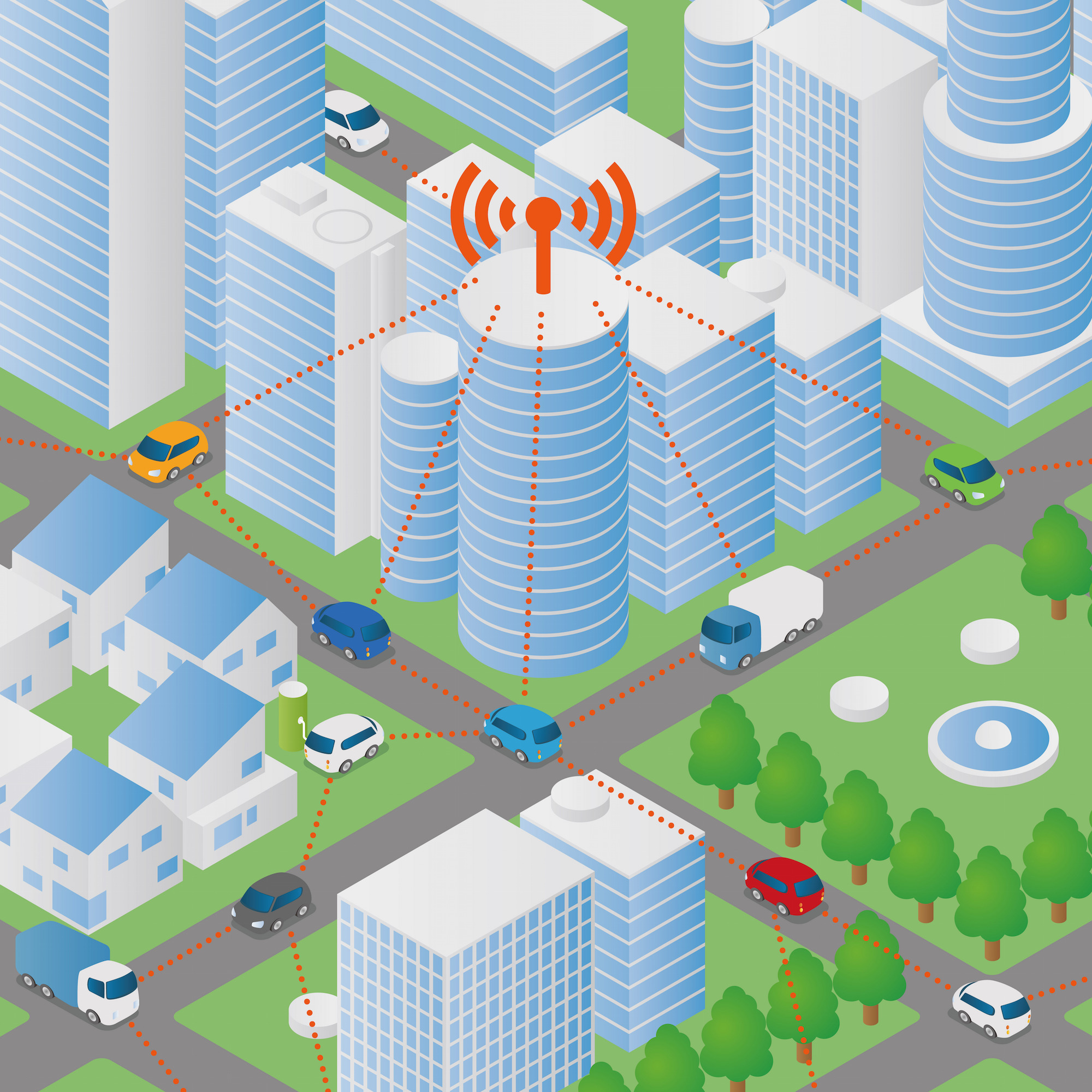
Besides, quite apart from just wanting to own and care for a car, many of us just love driving. Self-driving cars are being sold on the idea that they save time, that we will be able to multitask and work on our commute – but where does that leave the motoring enthusiast?
We want to own our car, to polish it, listen to it roar, curse it on cold mornings, drive it into the sunset and bore our grandchildren with tales of how motoring used to be. The idea of roads full of dull, identical travel pods sends chills down our spines.
Driverless cars may come and go as they please, and more power to the commuters if the technology makes their lives better – just don’t expect us to be letting go of the steering wheel and putting our feet up any time soon.
Mike Cerra of The Boston Auto Blog put it perfectly when he said:
“The way I see it, self-driving cars are like owning a robotic dog. Would you still go to Petco to buy chew toys for your “dog” if it were mechanical? The love you have for an animal cannot be compared to whatever connection you could try formulating with a robot full of wires.
“The same goes for a car. If the car does all the work, sets the speed limit, and does something on command, will you still have that same connection with that car as the one that’s currently sitting in your driveway?
“The answer is most certainly no.”
Want to read more about driverless cars?
Click the button below to head to our driverless car blog.
With over 50 articles, you’ll find we have covered most of the issues and questions relating to autonomous vehicles.


